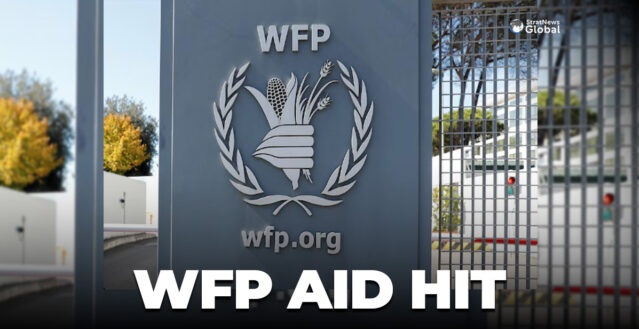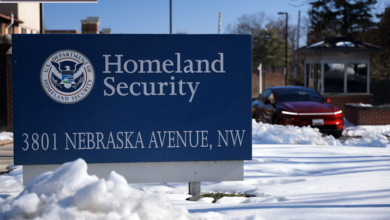U.S. resumes food donations for World Food Programme after pause
News Mania Desk / Piyal Chatterjee / 11th February 2025

The United States has lifted a pause on food donations, the U.N. World Food Programme said, ending a suspension that an aid watchdog on Monday warned had left 500,000 metric tons of food currently at sea or ready to be shipped in limbo.
“We can confirm that the recent pause concerning in-kind food assistance to WFP – purchased from U.S. farmers with Title II funds – has been rescinded,” WFP said in an X post on Sunday. “This allows for the resumption of food purchases and deliveries under existing USAID agreements.”
Washington halted the acquisition of goods made by U.S. farmers for donation – even with a waiver for emergency food aid – after U.S. President Donald Trump suspended all foreign assistance for 90 days to evaluate if contributions were consistent with his “America First” foreign policy. The U.S. instructed WFP to halt work on numerous U.S.-funded grants, directives that were given five days following Secretary of State Marco Rubio’s announcement of the food waiver.
Multiple suspended grants were part of the Food for Peace Title II initiative, which allocates approximately $2 billion each year for the donation of U.S. goods. The program that constitutes the majority of U.S. international food aid is jointly managed by the U.S. Department of Agriculture and the U.S. Agency for International Development. The U.S. State Department did not provide a comment when asked.
The USAID grants that WFP was instructed to cease operations on amount to tens of millions of dollars and supply food assistance in needy nations such as Yemen, Democratic Republic of Congo, Sudan, South Sudan, Central African Republic, Haiti, and Mali. Humanitarian officials report that the absence of specifics in the Trump administration’s initiative to reduce and modify U.S. foreign aid has led to disorder and uncertainty, as they are left to decide whether to assume the financial risk of maintaining programs without the guarantee that they are safeguarded by a waiver.
The Office of Inspector General for USAID said in a report released on Monday that “uncertainty put more than $489 million of food assistance at ports, in transit, and in warehouses at risk of spoilage, unanticipated storage needs, and diversion.”
The report by the auditor said USAID staff had identified more than 500,000 metric tons of food currently at sea or ready to be shipped that had been sourced under the Title II program.
“Because this funding source was not included under the Secretary’s emergency food assistance waiver, these commodities were held in limbo, subjecting them to spoilage, unanticipated storage needs, and potential diversion,” the report said.






